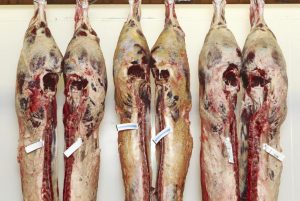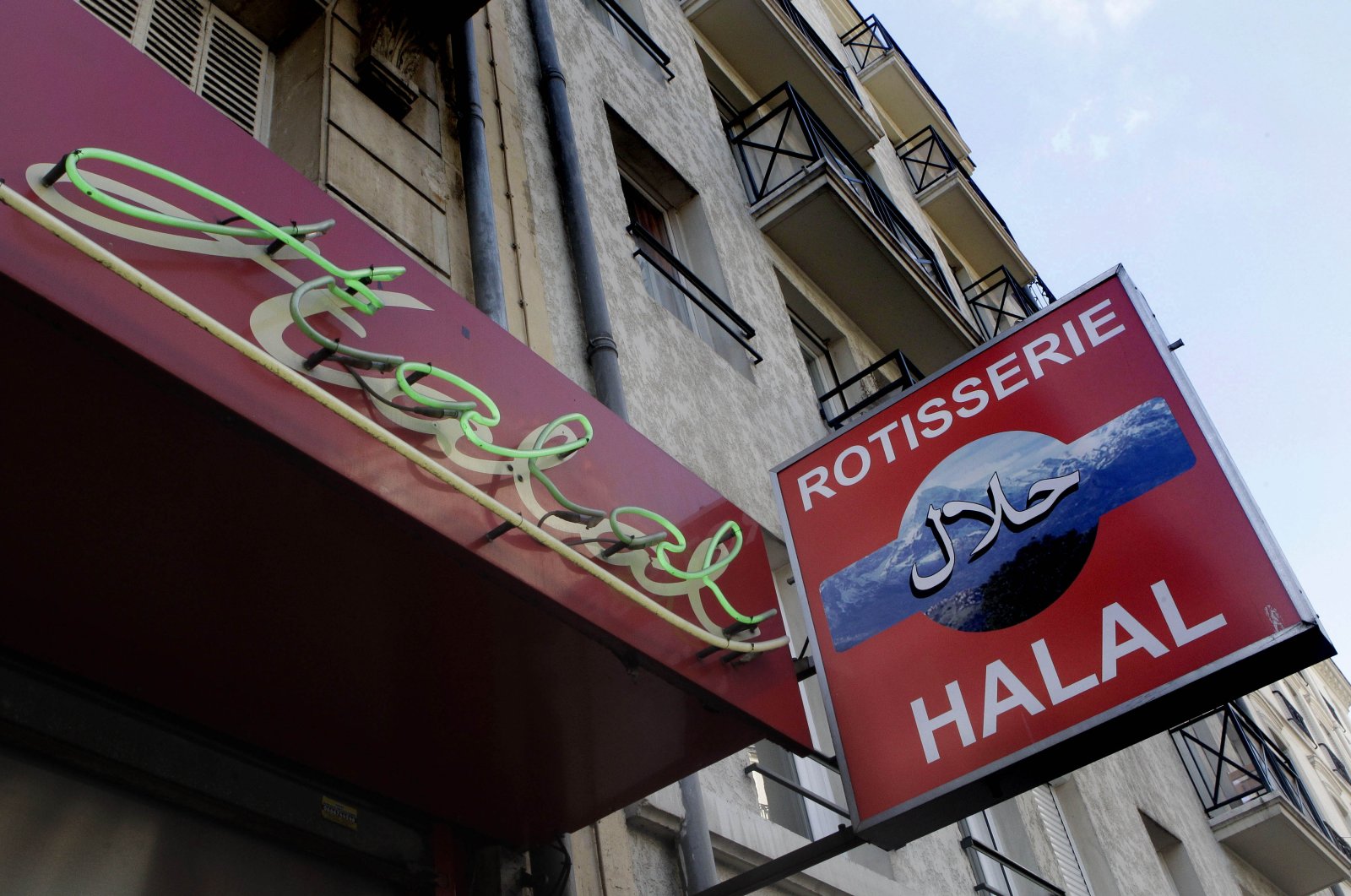 The bans in Belgium on the slaughter of animals without stunning neither interfere with freedom of religion nor constitute discrimination, the European Court of Human Rights rules.
The bans in Belgium on the slaughter of animals without stunning neither interfere with freedom of religion nor constitute discrimination, the European Court of Human Rights rules.
The ruling Tuesday by the tribunal in Strasbourg, France, is on a petition filed by Muslim groups against the bans introduced in 2019 in two out of three Belgian regions. The ruling is final as the Strasbourg court is the highest instance with jurisdiction to review the bans.
Jewish and Muslim groups in Belgium oppose the bans, which they view as an unreasonable infringement on religious freedoms. The bans cite the widespread view that slaughter without stunning is cruel to animals. Advocates of Jewish slaughter, or shechita, argue that when performed correctly, that technique does not result in excessive suffering for animals. Defenders of the Muslim variant, d’biha, argue the same.
Many observant Jews and Muslims do not consume meat that isn’t kosher or halal, respectively. For meat to be labeled as such, the animals from which it is produced must be healthy and conscious when their necks are cut in order for the maximum amount of blood to be released to cleanse the animal of impurities in the blood. There is no alternative to this for Kosher slaughter, however in the EU and UK the majority of Halal meat is stunned before slaughter. Non stun Halal meat is usually a requirement in Muslim countries in the Middle East and S E Asia.
A seven-judge panel also rejected a claim by the applicants it would be “difficult, if not impossible, to obtain meat in strict conformity with their religious belief”.
The government said people could still buy their preferred meat from abroad, or from Brussels, which has not passed such a strict law.
The Muslim and Jewish groups “had not shown that access to such meat had become more difficult”, the court said. A claim that the laws were discriminatory also failed.



